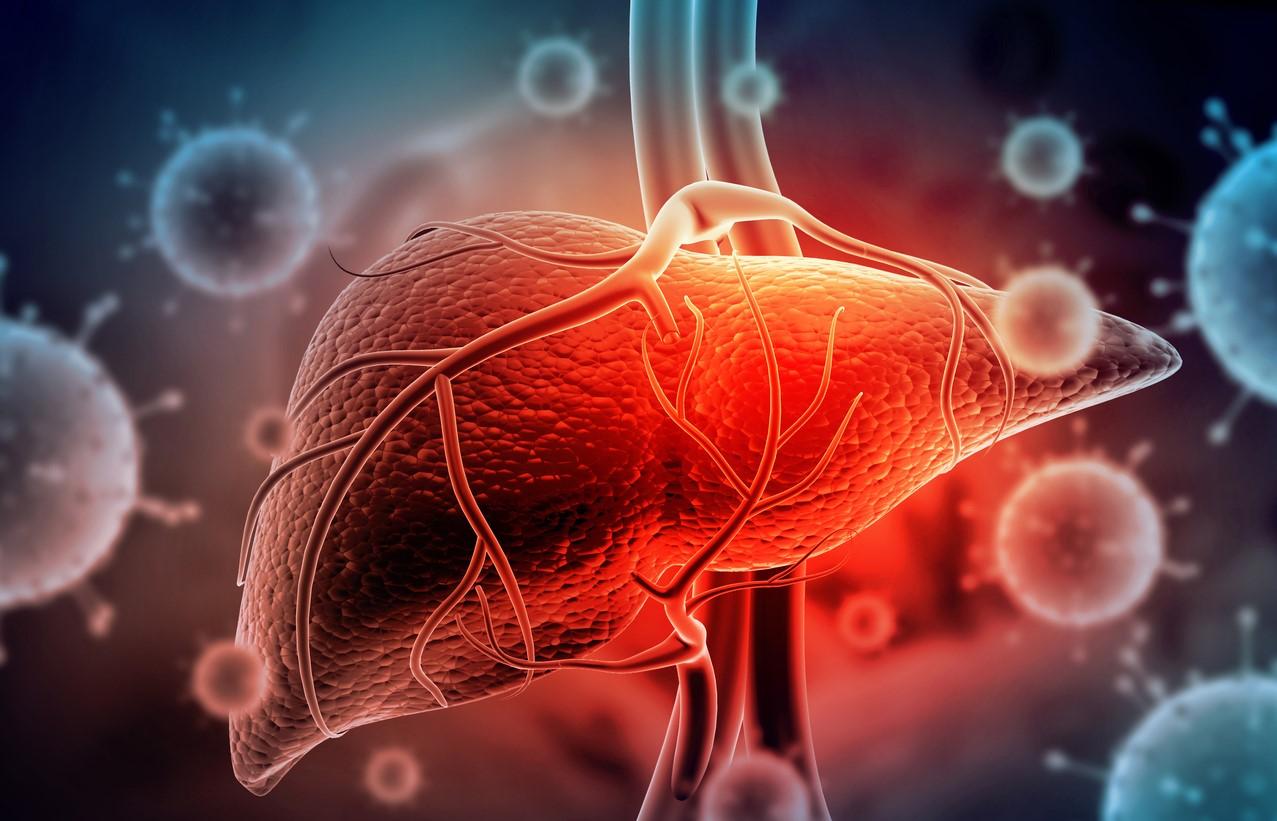In two new studies, researchers isolated human adenovirus from the vast majority of children diagnosed as having acute hepatitis but couldn't determine whether the ubiquitous virus typically associated with transient respiratory, gastrointestinal, and conjunctival illnesses was the cause.
The studies, one from Alabama and one from the United Kingdom, were published yesterday in the New England Journal of Medicine (NEJM), the latest efforts to pinpoint the cause of pediatric acute hepatitis outbreaks that began on multiple continents in late 2021 and 2022.
Not enough evidence to implicate virus
A team led by University of Alabama researchers tested the blood samples of 15 previously healthy children hospitalized for acute hepatitis from Oct 1, 2021, to Feb 28, 2022. The cause was identified in 6 children, while 9 had cases of unknown origin.
Eight of the nine children (89%) with unexplained hepatitis tested positive for human adenovirus. The eight patients and another child referred to the hospital for follow-up were included in the analysis. The median age was 2 years.
Liver biopsies showed mild-to-moderate active hepatitis in six patients, some with cholestasis (reduced or no bile flow), but immunohistochemical examination and electron microscopy revealed no sign of human adenovirus. Polymerase chain reaction (PCR) tests identified human adenovirus in the liver tissue of three patients, and sequencing showed three different human adenovirus type 41 variants.
None of the nine children tested positive for SARS-CoV-2, and none had received COVID-19 vaccine.
Two children had liver transplants, and the rest recovered with supportive care. "Whether human adenovirus was causative remains unclear," the researchers wrote. "Sequencing results suggest that if human adenovirus was causative, this was not an outbreak driven by a single strain."
14% underwent liver transplant
In the United Kingdom, which has reported the most such cases, researchers from the Birmingham Women's and Children's NHS Foundation Trust led a study of 44 children aged 10 years and younger referred to a pediatric liver transplant center with acute hepatitis from Jan 1 to Apr 11, 2022. The median age was 4 years, and the most common symptoms were jaundice (93%), vomiting (54%), and diarrhea (32%).
Twenty-seven of the 30 patients (90%) who underwent molecular testing were positive for human adenovirus. Six patients (14%) developed liver failure and received a liver transplant. All the children recovered.
Of the 39 children who underwent molecular testing, 11 (28%) tested positive for SARS-CoV-2, while 5 of 13 (38%) tested positive for SARS-CoV-2 antibodies. The authors said none of the children, to their knowledge, had received COVID vaccination.
"Human adenovirus was isolated in most of the children, but its role in the pathogenesis of this illness has not been established," the authors wrote.
In a related NEJM editorial, Saul Karpen, MD, PhD, of Emory University, said that the studies did not provide enough evidence to implicate human adenovirus. "Alternatives to consider include human adenovirus 41 potentially serving as an immunologic activator or even as an innocent, readily detected bystander," he wrote. "Crucial unknowns must be resolved before etiologic guilt can be assigned or practice guidance regarding the initiation of therapy can be provided."
From Oct 1, 2021, to Jul 13, 2022, 338 children with unexplained acute hepatitis were reported to the US Centers for Disease Control and Prevention (CDC) from 42 US states and territories, according to an update yesterday. The data reflect 6 new cases.
In a Jun 22 technical report, the CDC noted that the median age of patients is 2 years. Twenty (6%) of 305 patients have needed a liver transplant, and 11 (4%) have died of causes that remain under investigation.



















